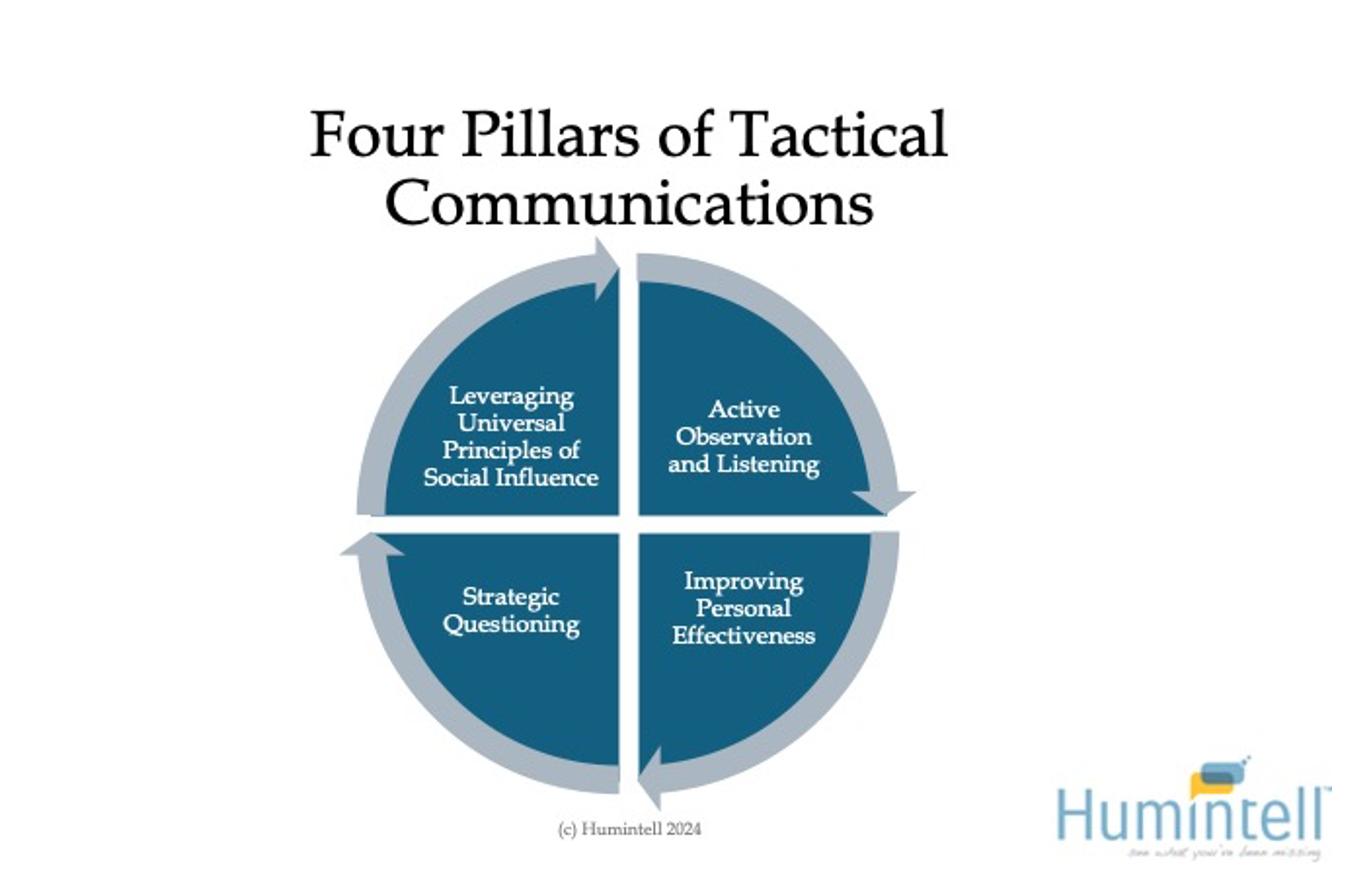
Doctors may soon be able to diagnose a severe form of depression, known as melancholia, simply by looking at someone’s (lack of) facial expressions.
According to VeryWell Mind, melancholia is a form of major depressive disorder (MDD) that is characterized by a complete loss of pleasure in all or almost everything.
In addition, research has found that people with melancholic depression have a higher risk for unemployment, psychotic features, inpatient treatment, and suicide risk than people with non-melancholic depression
It is estimated by researchers that about 5-10% of people who are depressed have melancholia – which could represent as many as 2 million Americans.
Depression and Facial Expression Study
The study entitled “Markers of positive affect and brain state synchrony discriminate melancholic from non-melancholic depression using naturalistic stimuli” was published in the journal Molecular Psychiatry.
Author Dr. Philip Mosley and colleagues showed 70 depressed people, 30 of whom had melancholia and 40 of whom did not, two different videos.
- Video 1 was a clip from Ricky Gervais‘ stand up comedy set ‘Animals,’ which involved funny skits about nature documentaries.
- Video 2 was a short film called The Butterfly Circus, which features a moving story about a circus troupe inspiring hope in Depression-era America.
While the patients watched the videos, their facial and brain activity was recorded, the former with a camera to track every minute muscle twitch during the Gervais set, the latter with the patient in an MRI machine while watching The Butterfly Circus.
Depression Study Results
The difference between the two patient sets was stark. For the Gervais video, although the patients with non-melancholic depression were still depressed, they did respond with facial expressions and giggles.
Meanwhile, the patients with melancholic depression were completely impassive. Mosley describes them like “statues” with “no facial movement at all, no smiling, no chuckling.”

Something similar happened in the MRI machine. The brains of patients with non-melancholic depression lit up, particularly in the cerebellum, which is involved with automatic emotional responses.
“With people with melancholic depression,” Mosley said, “those emotional regions of the brain – the ones involved in detecting and responding to stimuli with an emotional tone – were just doing their own thing, disconnected, not integrated with the rest of the brain, not involved in processing with other regions of the brain that are relevant in these tasks.”
Depression Study Implications
This study’s discovery could help doctors differentiate between melancholia and regular depression earlier. While melancholia is a more severe condition, it’s still treatable.
Dr. Mosley suggests these patients don’t tend to respond well to traditional talk therapy, so diagnosing them early could also help establish a more tailored treatment plan for them.
If a person with the condition is diagnosed early, most respond very well to medications, which work to balance the chemistry of the brain. And quicker treatment can help them avoid the most invasive therapies that may be required if the condition has progressed.
The post Lack of Facial Expressions May Reveal Severe Depression first appeared on Humintell | Master the Art of Reading Body Language.
 Dr. Kessler and Dr. Matsumoto started by discussing physician or clinician body language as it relates to patient perception of their care.
Dr. Kessler and Dr. Matsumoto started by discussing physician or clinician body language as it relates to patient perception of their care. What’s one mistake you can avoid to build rapport in interactions?
What’s one mistake you can avoid to build rapport in interactions? Doctors see patients from all walks of life. How do cultural differences fit into the connection and interaction?
Doctors see patients from all walks of life. How do cultural differences fit into the connection and interaction?
 In reciprocity, for instance, when we receive something, we have the feeling of obligation to give something back, and not giving something back makes this feeling worse.
In reciprocity, for instance, when we receive something, we have the feeling of obligation to give something back, and not giving something back makes this feeling worse.
